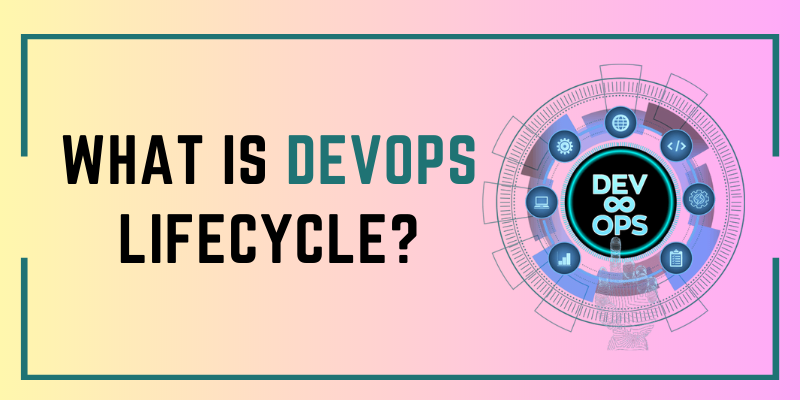
In today’s fast-paced digital landscape, traditional software development and operations paradigms have evolved dramatically to satisfy the expectations of rapid and continuous product delivery. This growth has given rise to the concept of DevOps. This cultural and technical movement strives to break down divisions between development and operations teams, enabling collaboration and automating procedures throughout the software development lifecycle. The DevOps lifecycle represents a systematic method of software delivery, encompassing multiple critical stages that collectively help organizations to achieve increased productivity, faster time-to-market, and enhanced quality. To understand and gain knowledge about the DevOps lifecycle, you can register for FITA Academy at DevOps Training in Coimbatore, which will help you focus on providing the proper training for DevOps core concepts.
Planning and Requirement Gathering
The DevOps lifecycle begins with the planning and requirement-gathering phase. During this stage, the development and operations teams work closely with stakeholders to determine project goals, requirements, and expected outcomes. By involving operations early in the design process, possible infrastructure and deployment difficulties can be identified and addressed proactively. This collaboration guarantees that the final product meets both technical and business objectives.
Continuous Integration (CI)
The following stage in the DevOps lifecycle is continuous integration (CI), in which developers integrate their code changes into a communicated repository numerous times daily. Automated tests are done on these integrated codebases to find and address errors early in the development cycle. CI helps to maintain code quality, uncover issues, and prevent the accumulation of integration-related problems, ensuring that the codebase is always deployable. DevOps Training In Madurai will provide good Knowledge and Training on the benefits of DevOps and how it works.
Continuous Delivery (CD)
Continuous delivery is a crucial phase of the DevOps lifecycle, building upon continuous integration. The application is automatically tested, built and deployed to a staging environment at this stage. Automated testing ensures that the application is functional and meets quality standards. With a consistent and automated deployment process, teams can release new features or updates to production with confidence and minimal risk.
Continuous Deployment
Continuous deployment extends the principles of continuous delivery by automating the release of code updates directly into the production environment. This stage is ideal for organizations with a high level of automated testing and a culture of rapid iteration. Continuous deployment reduces the time between producing code and making it available to users, allowing for faster feedback loops and speedier responses to market demands.
Monitoring and Feedback
After deployment, the DevOps lifecycle emphasises continual monitoring and feedback. Operations teams employ various technologies to track application performance, user behaviour, and system health. This data-driven strategy enables organisations to discover and address issues in real-time, guaranteeing a consistent user experience and high availability. If you want to learn DevOps core concepts, you can join Devops Training In Hyderabad, which gives students the understanding skills they need to attain their career needs.
Continuous Improvement
The DevOps lifecycle is cyclical, with a focus on continual improvement. Following monitoring and feedback, teams analyze data to find areas for improvement. This may entail optimizing infrastructure, refining processes, or incorporating user feedback to promote innovation and efficiency.
Benefits of the DevOps Lifecycle
Adopting the DevOps lifecycle offers several benefits to organizations:
Faster Time-to-Market: DevOps accelerates software delivery by automating processes and fostering collaboration, enabling organizations to respond quickly to market changes and customer needs.
Enhanced Collaboration: By breaking down conventional silos between development, operations, and other teams, DevOps fosters a cross-functional culture. Join the Devops Training In Trivandrum to have a comprehensive understanding of DevOps.
Improved Quality: Automating testing and deployment processes reduces the possibility of errors and ensures improved code quality.
Increased Efficiency: Eliminating manual processes and using automation tools expedite workflows, lowering the time and effort required for repetitive tasks.
Greater Resilience: Continuous monitoring and reporting enable teams to resolve issues, proactively improving system reliability and reducing downtime.
The DevOps lifecycle offers a comprehensive approach to software delivery that emphasises cooperation, automation, and continuous improvement. By combining development and operations practises, organisations can achieve faster, more dependable, and higher-quality software releases. Embracing the DevOps lifecycle enables teams to manage the complexity of modern software development and deliver value to users with speed and efficiency. The Devops Training In Pondicherry teaches learners about the fundamental concepts and technologies and how they interact.
